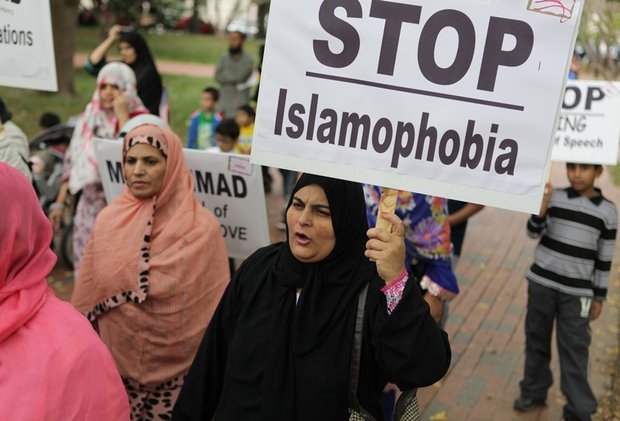
RNA - t’s been nearly two weeks since 20-year-old Dahir Adan injured ten people in a knife attack at Crossroads Mall, and the racial tension in St. Cloud is still high.
Haji Yusuf of #UniteCloud says since the attack, he has received a lot of reports of threats and intimidation toward Somali-Americans living in St. Cloud. In that time, he himself has had expletives directed his way with no explanation.
"People suggest that the action of that one individual defines an entire community. It's very frustrating,” he said.
Wednesday, FBI Director James Comey told the House Judiciary Committee that Adan was at least partially motivated by foreign terror groups.
“It does look like he was motivated—at least in part—by some sort of inspiration from radical Islamic groups. Which groups and how we’re not sure of yet.”
Natalie Ringsmuth, also of #UniteCloud, said she was monitoring social media Wednesday following the news and saw some disturbing comments from Central Minnesotans—some that called for violence against their Somali neighbors.
“There is a growing group of people that believe that every single Somali or Muslim in central Minnesota is a terrorist—to the point that there is a call for violence against the Somali community on social media,” she said. “At times, it’s something the St. Cloud community doesn’t recognize.”
Ringsmuth and Yusuf started their group two years ago in response to racism and Islamophobia in Central Minnesota.
While they’ve done lots of outreach and education, the mall attack prompted the selling of #UniteCloud bracelets and t-shirts.
“When people wear the bracelet or t-shirt they’re able to say I see you, I hear you and I’m glad you’re here,” said Ringsmuth
In less than a week, they sold out and had to order more. They’ve received notes from teachers, nurses and social workers who say the bracelet allows them to subtlety tell the Muslim-Americans they work with that they are safe with them.
“The ones who have really gotten me are the nurses who have said I want to wear a bracelet to the hospital or clinic so that all my patients know that I will care for them equally,” she said.
Yusuf and Ringsmuth say their organization isn’t just about fighting Islamophobia, but making people of all race and religion feel welcome in their community. Islamophobia has been their main focus because of its prevalence in central Minnesota.
“We have to be real about the fact that that’s where we are as a community. If we sweep it under the rug and say, ‘oh no, we’re doing great as a community’ we won’t deal with problems until it turns to another violent incident.”
847/940